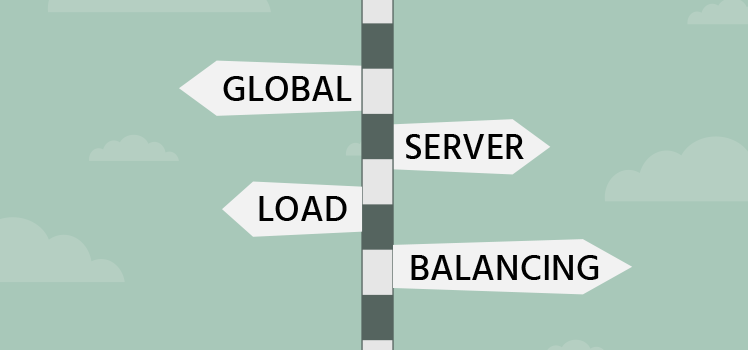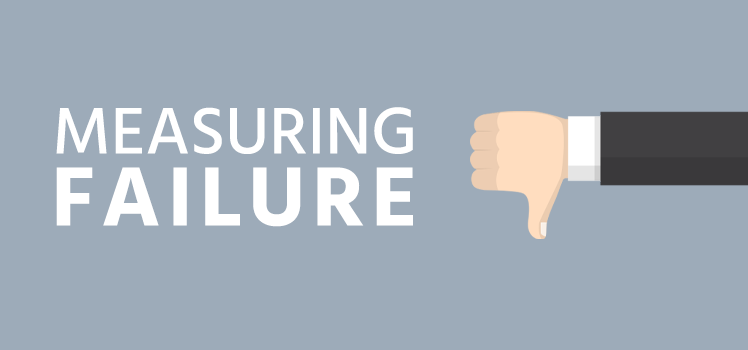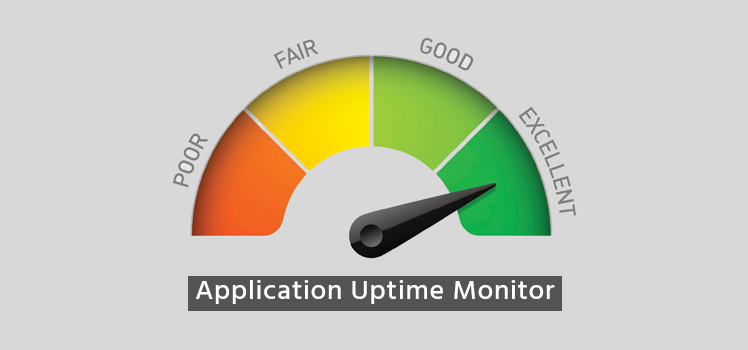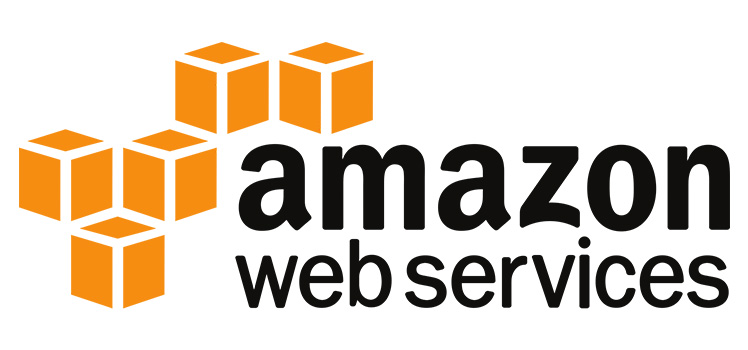5 Things We Do That AWS Route 53 Does Not
Total Uptime’s DNS Service along with our DNS Failover solution are often compared to Amazon Route 53, and for good reason. Organizations are increasingly looking for a reliable DNS provider in light of frequent outages at various Domain Registrars like Network Solutions. IT experts understand that because DNS is the first link in the chain, it must be the most robust component, even before adding redundant servers or datacenters, especially for public facing services.
With that in mind, we thought it worthwhile to re-evaluate AWS Route 53 since we’re often asked how it compares to Total Uptime’s DNS. Here are the top 5 things we do that Amazon’s Route 53 does not. Perhaps these are not critical for your organization, only you will know for sure. You decide what features you need and what you don’t.
Total Uptime is singularly focused on availability solutions.
From our DNS to Load Balancing to WAF, each of our solutions are designed to increase our customer’s IT uptime. Amazon has a hand in so many things – over 35 unique products at last count – that it seems they want to be a one-stop-shop for IT. But does that make them great at everything? Perhaps they are more interested in diversity than doing something really well. We’ve all heard of AWS outages in the news, and perhaps Total Uptime will be plagued with an outage one day, but with “uptime” in our name, you can bet that we’re doing everything possible to make sure it never happens.
Total Uptime supports 26 DNS record types.
AWS, still only supports 10 DNS record types. While Amazon offers the essentials that may meet the needs of your average business, Total Uptime covers them all. That’s 25 DNS record types plus 1 special Web Redirect record type we created to make our customer’s lives real easy. Supporting all record types is probably something an organization who specializes in DNS should do.
Total Uptime provides the same name servers for all domains and lets you choose the TLD.
AWS gives you a different set of name servers for every domain you add, and with TLDs that you may not want! Not only is this a management nightmare for customers, but with different TLDs, you may encounter a performance hit when glue cannot be provided by the root. If you only have one domain, perhaps the management issue is less of a concern, but if you have many, wouldn’t it make life easier if you didn’t have to carefully confirm the name servers for every domain you add?
Total Uptime offers 19 different failover health check options.
AWS only supports HTTP and TCP. So I suppose if you need DNS Failover for a website, that may be sufficient for your needs. But if you want DNS Failover for something different, like FTP servers, VoIP servers, or even hosted exchange front-end servers, you may want a test that gives you a higher level of assurance. Our monitors are also highly configurable. You choose the frequency of the check, and how many are required to consider a server down. AWS makes that decision for you.
You can talk to a real person at Total Uptime, 24x7x365.
When you really need help, and need it fast, you can pick up the phone and call us. That’s not an option with AWS for any of their solutions. Of course, we’re lightning fast at replying to tickets our customers create online too, but creating tickets doesn’t suit everyone. If you’re the type that needs to hear a voice, we’re there for you day or night. To top it off, we even provide it at no cost AND we’ll spend as much time with you as you need to help you set everything up. Hey, we want you to succeed!
Of course, these are the top 5 things we do that AWS Route 53 does not. There are a few more, but we don’t want to be overly critical. We like AWS for many things too, just not DNS (or load balancing). We believe that when it comes to something as critical as DNS, you should trust the availability experts.
 What is an Application Delivery Network?
What is an Application Delivery Network?  Global Server Load Balancing (GSLB)
Global Server Load Balancing (GSLB)  Measuring Failure
Measuring Failure 


